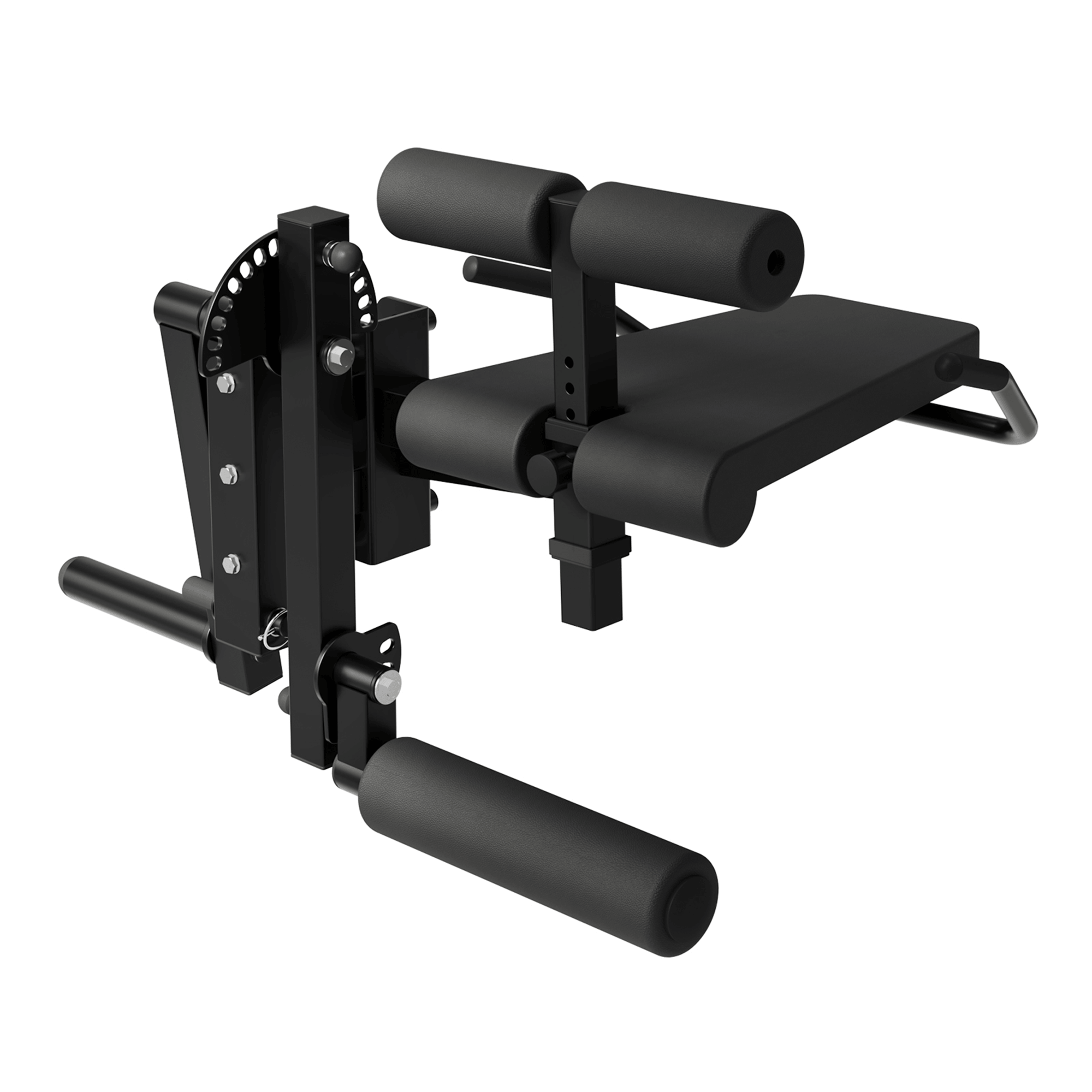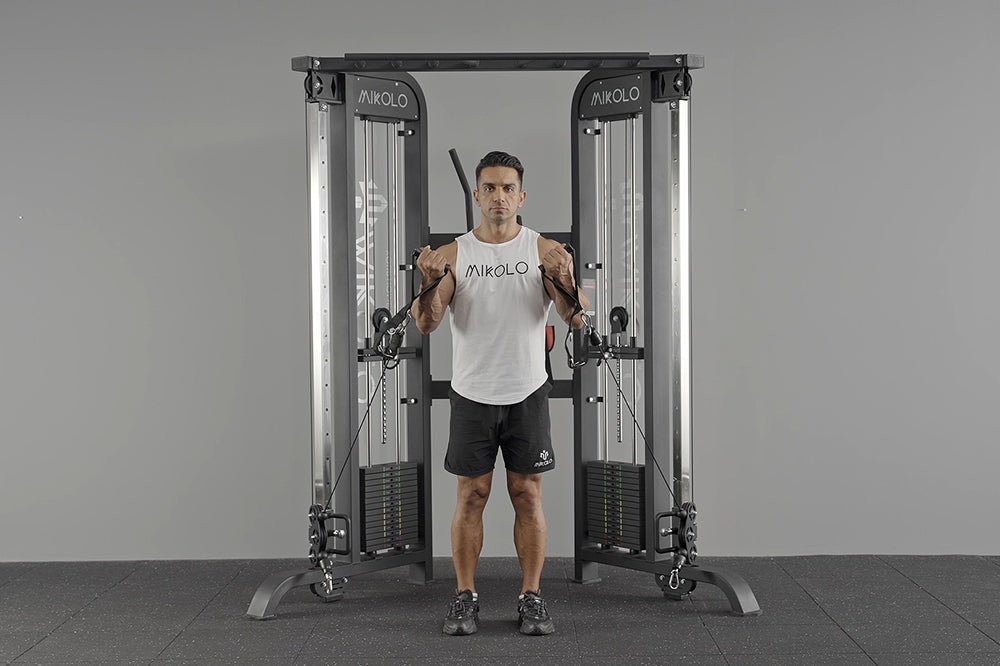When most people think of crunches, they picture lying on a mat, crunching upward until their abs burn. But standing crunches are changing the game—offering a more functional and joint-friendly way to train your core. Whether you’re exploring standing weighted crunches or simple bodyweight versions, this guide will walk you through the real benefits and effectiveness of standing ab exercises.
Do Standing Crunches Work?
Absolutely. Standing crunches work by targeting your entire core, including your rectus abdominis (the six-pack muscle), obliques, and even deeper stabilizing muscles like the transverse abdominis. Unlike traditional floor crunches that isolate certain muscles, standing crunches require your whole body to engage—especially your hips, glutes, and lower back—to maintain balance and control.
Are Standing Crunches Effective?
Standing crunches are highly effective, especially for people who want functional strength and stability. They mimic real-life movement patterns, teaching your core to stabilize your torso while you move. Many athletes and fitness professionals incorporate standing crunches to improve rotational strength, balance, and posture. They also reduce the strain on your neck and lower back, common complaints with floor crunches.
Standing Crunches Benefits
Here are some key benefits of adding standing crunches to your workout routine:
-
Improved Core Activation: Standing movements engage more core muscles because they challenge balance and coordination.
-
Better Posture: These exercises reinforce upright posture by strengthening the muscles responsible for stabilizing your spine.
-
Lower Back Friendly: No need to worry about pressing your spine into the floor or stressing your neck—standing crunches are more joint-friendly.
-
Functional Strength: They prepare your body for real-world activities that require twisting, reaching, and bending.
-
Versatility: Easy to modify with resistance bands, dumbbells, or simply bodyweight.
Standing Weighted Crunches: Adding Intensity
To take your standing crunches to the next level, adding weights is a great option. Standing weighted crunches can be done with dumbbells, a medicine ball, or even a cable machine. This added resistance helps develop muscle tone and strength more quickly. Just be sure to maintain proper form—avoid swinging the weights and focus on controlled core engagement throughout the movement.
Standing Sit-Ups Benefits: A Functional Alternative
Standing sit-ups, a variation of standing crunches that involve more hip flexion and full-body movement, offer similar benefits:
-
Higher Caloric Burn: Engaging your legs and upper body leads to increased energy expenditure.
-
Enhanced Coordination: Great for improving athletic performance, especially in sports that involve running, jumping, or rotational movement.
-
Minimal Equipment Needed: Standing sit-ups can be done almost anywhere, making them perfect for home workouts.
Personal Experience Insight
When I first transitioned to more standing ab exercises, I noticed a major difference in how my body felt—not just during workouts, but in everyday life. My lower back pain decreased, my balance improved, and my core felt stronger in a more “real-world” way. For anyone who struggles with traditional floor crunches or simply wants more variety, standing crunches are a game-changer.
Final Thoughts
Standing crunches offer a fresh and effective approach to core training. They build strength, improve balance, and protect your lower back—all while training your abs in a way that carries over to daily activities. Whether you’re a beginner or advanced lifter, standing crunches and their variations can help you develop a stronger, more functional core.










































Leave a comment
This site is protected by hCaptcha and the hCaptcha Privacy Policy and Terms of Service apply.